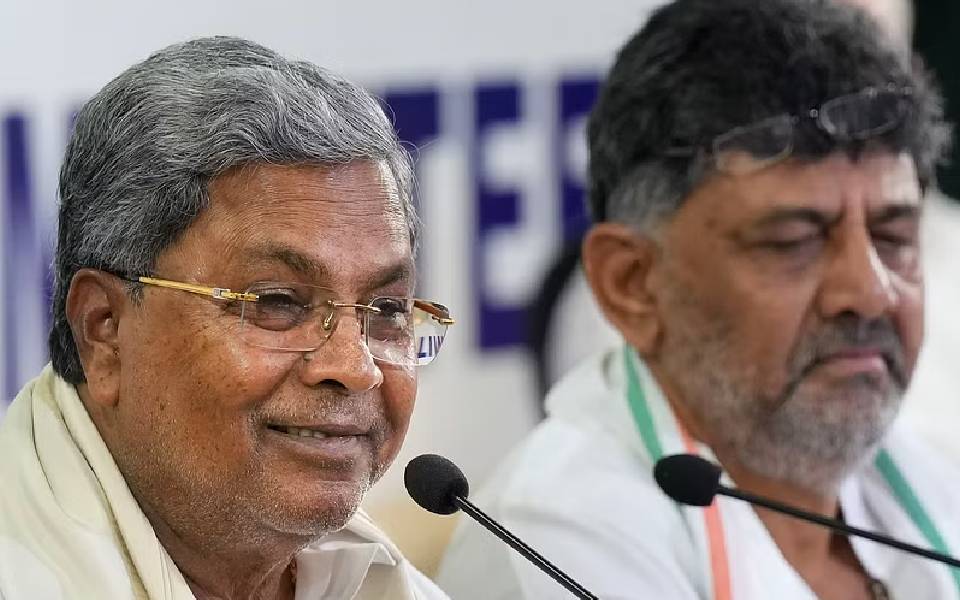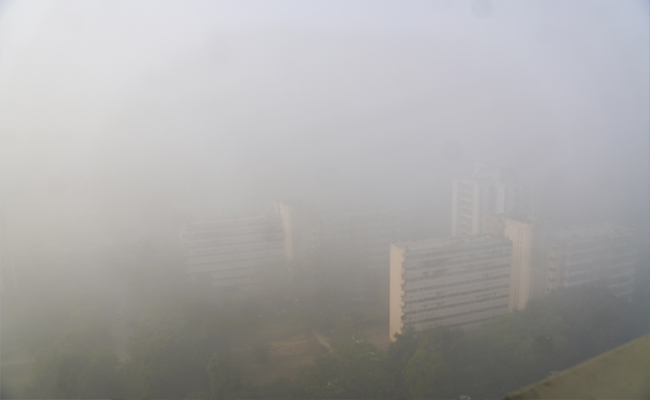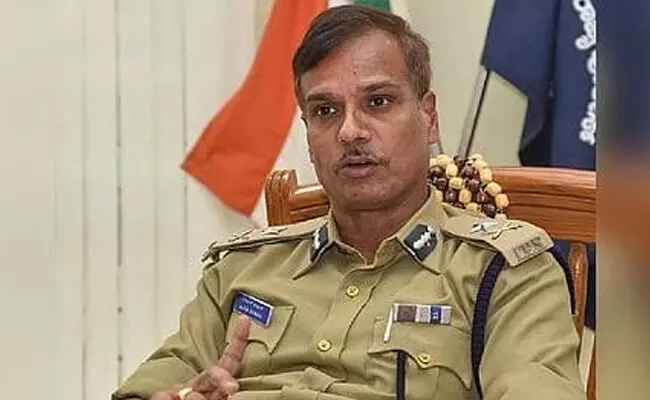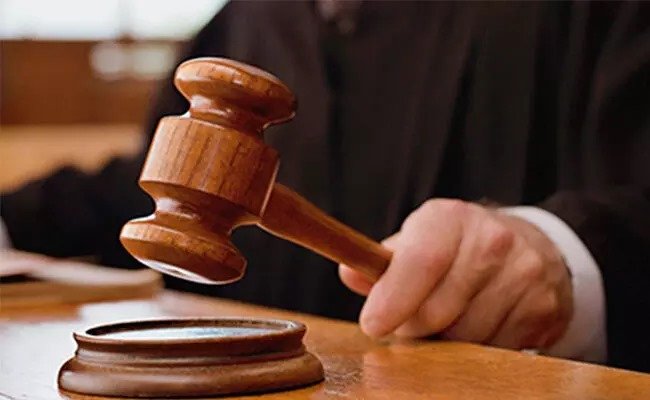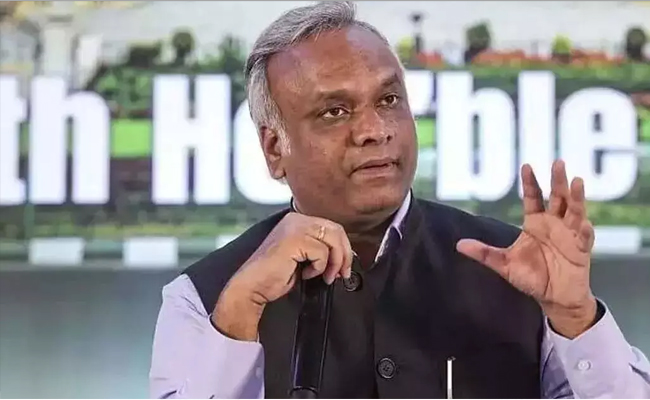Bengaluru, Jan 23: Amid discontent brewing within a section of the ruling Congress in Karnataka regarding the political appointments in boards and corporations, Chief Minister Siddaramaiah on Tuesday said it is difficult to heed to everyone's suggestion.
Ahead of the crucial Lok Sabha election, the Congress commenced the exercise to fill the posts of chairpersons to the boards and corporations.
It has recommended some MLAs and the senior leaders to occupy these plum posts.
However, due to some disagreement, the party has not yet finalised the names.
"We have recommended the names for appointment in various boards and corporations (to the party high command). We have no role to play now," Siddaramaiah told reporters here.
ALSO READ: It is doubtful if PM Modi observed fast for 11 days ahead of Ram temple consecration: Veerappa Moily
According to him, the recommended names of the MLAs have been cleared.
"But with regard to appointing party workers in these boards and corporation, myself, Deputy Chief Minister D K Shivakumar and Congress national general secretary Randeep Singh Surjewala had a detailed discussion and later the list was given to Surjewala for the party high command's approval.
That list has to come with Congress general secretary K C Venugopal's signature," Siddaramaiah said.
On Home Minister Dr G Parameshwara's statement that he was not consulted before appointing the boards and corporation chairman, the Chief Minister said, "It is difficult to heed to everyone's suggestion. I have spoken to him."
Let the Truth be known. If you read VB and like VB, please be a VB Supporter and Help us deliver the Truth to one and all.
New Delhi (PTI): Dense fog disrupted flight operations at Delhi Airport on Monday, with various airlines cancelling 228 flights and diverting five to nearby airports due to low visibility, an official said.
However, except for Air India, which had in an X post in the morning announced the cancellation of some 40 flights, no other airlines, including crisis-hit IndiGo, shared the numbers of their cancelled or delayed flights.
"As many as 228 flights -- 131 departures and 97 arrivals-- have been cancelled due to low visibility, so far," the airport official said.
In addition to this, five flights have been diverted so far, he said.
Earlier, the Delhi International Airport Ltd (DIAL), in a statement, said, "Our on-ground officials are working closely with all stakeholders to assist passengers and provide necessary support across Terminals.
"Low visibility (below minima), due to dense fog, has severely impacted operations at Delhi and other airports across northern India, which is unfortunately beyond our control," IndiGo said in a statement.
As operations are adjusted to prevailing weather conditions, some flights may experience delays, while a few others may be proactively cancelled during the day to prioritise safety and minimise extended waiting at the airport, the airline said in a statement.
IndiGo, however, did not say how many of its flights were cancelled or delayed.
The airline said its teams are "closely monitoring" the situation and coordinating with Delhi airport.
ALSO READ: Messi's Delhi arrival delayed as fog disrupts flight
IndiGo also said it issued advisories to its customers and "proactively" informing them, to minimise inconvenience.
“Poor visibility due to dense fog in Delhi this morning has impacted flight operations for all airlines. We are closely monitoring conditions and will resume operations as soon as it is safe to do so,” Air India said in a post on X in the morning.
It also said that some flights have been cancelled In the interest of safety, and to avoid prolonged uncertainty for the guests, while listing out some 40 arrivals and departures that it had cancelled for the day.
Delhi airport is the country's busiest, handling around 1,300 flight movements daily.

